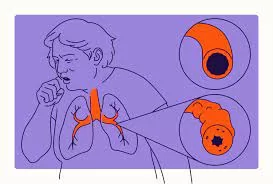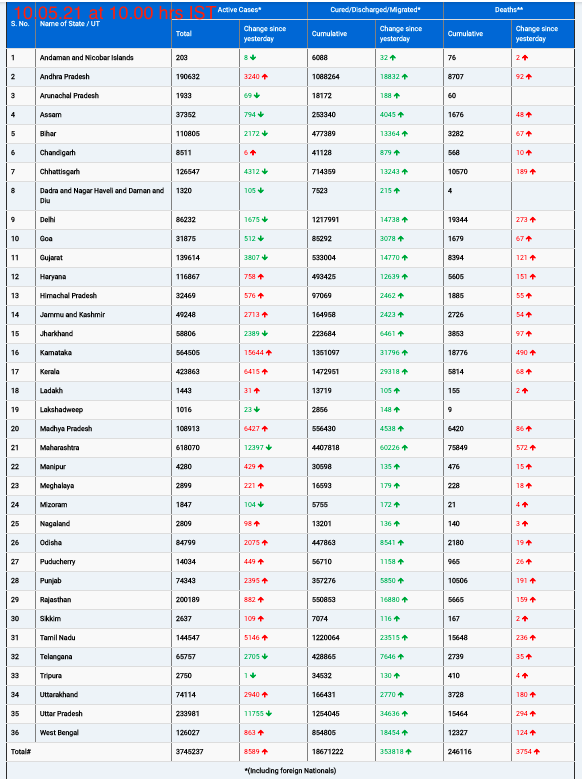In a significant move aimed at fortifying pharmaceutical manufacturing practices and ensuring heightened compliance with quality standards, the Health Ministry issued a fresh set of stringent guidelines for pharmaceutical companies.
The Central government, in consultation with the Drugs Technical Advisory Board, announced the revised regulations under the Drugs (Amendment) Rules, 2023, ushering in a more stringent Schedule M aimed at upholding good manufacturing practices (GMP) and bolstering requirements for pharmaceutical products’ premises, plant, and equipment.
According to the notification dated December 28, manufacturers are now mandated to shoulder the responsibility for the quality of pharmaceutical products. They must ensure that these products are not only fit for their intended use but also meet the license requisites while steering clear of endangering patients due to inadequate safety, quality, or efficacy.
The updated regulations underscore that companies can market finished products only after obtaining “satisfactory results” from ingredient tests. Moreover, they are obliged to retain an adequate quantity of intermediate and final product samples for potential repeated testing or batch verification.
The ministry had previously set a deadline in August, giving small manufacturers six months and large units 12 months to acquire their World Health Organization-Good Manufacturing Practices (WHO-GMP) certification.
Under the revised rules encapsulated in Schedule M of the Drugs and Cosmetics Act, 1940, stringent guidelines cover an array of aspects including facility requirements and maintenance, personnel standards, manufacturing protocols, safety assessments, material storage, transportation procedures, written protocols, comprehensive records, and traceability for pharmaceutical products.
One significant addition to the updated rules includes the incorporation of five new drug categories, extending coverage to products that were not previously encompassed within the ambit of the erstwhile regulations.
These measures underscore a concerted effort by the Health Ministry to elevate the bar for pharmaceutical manufacturing, emphasizing compliance with international standards and amplifying the focus on product safety, efficacy, and quality.











